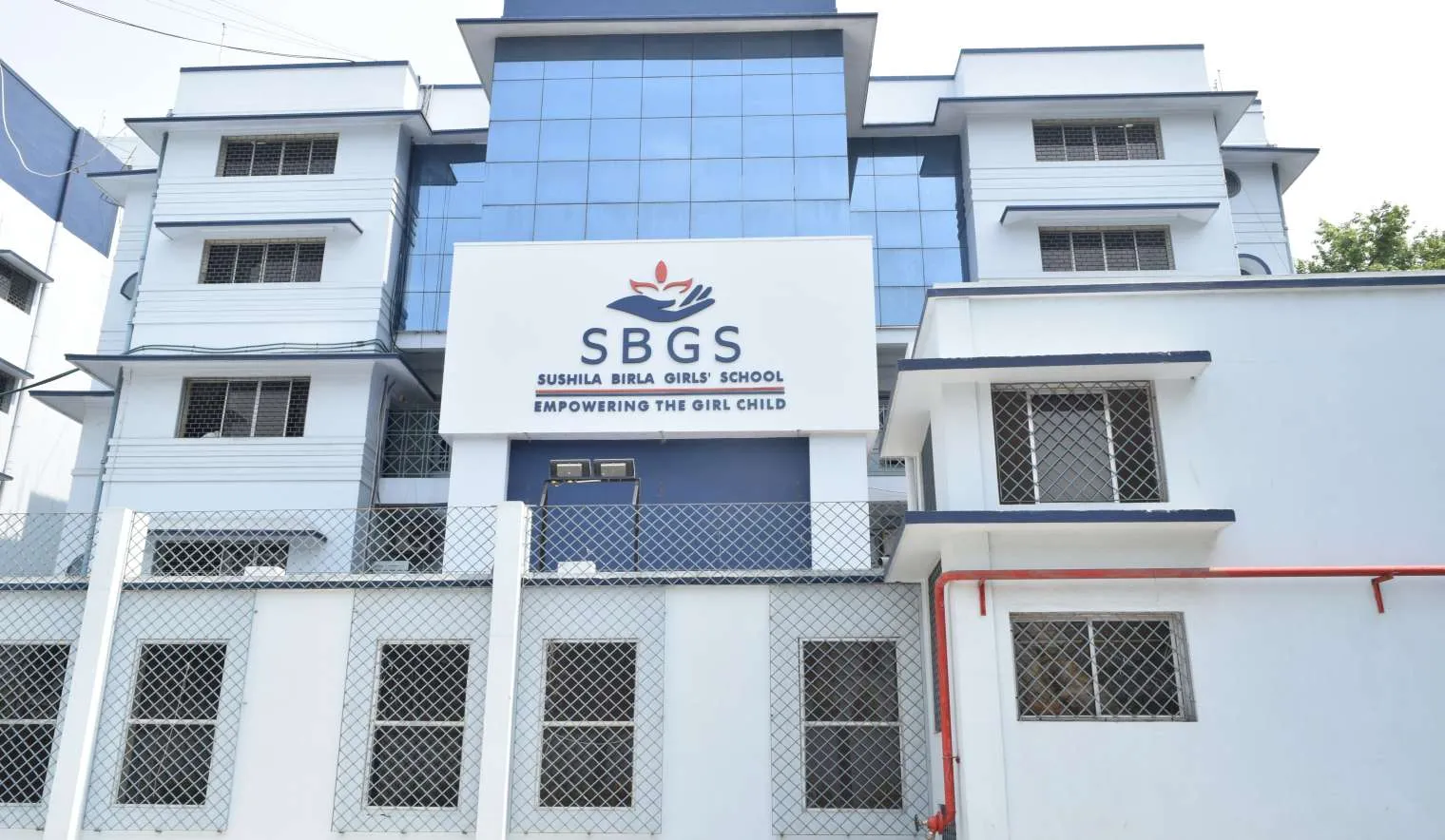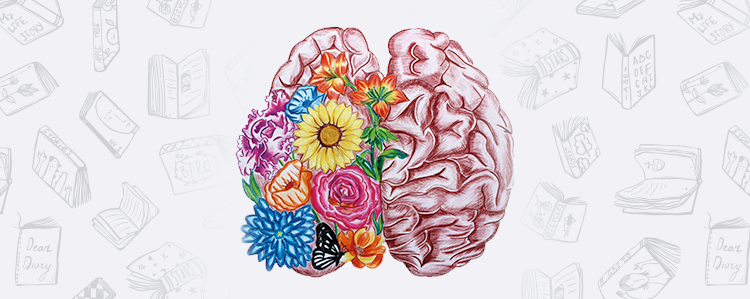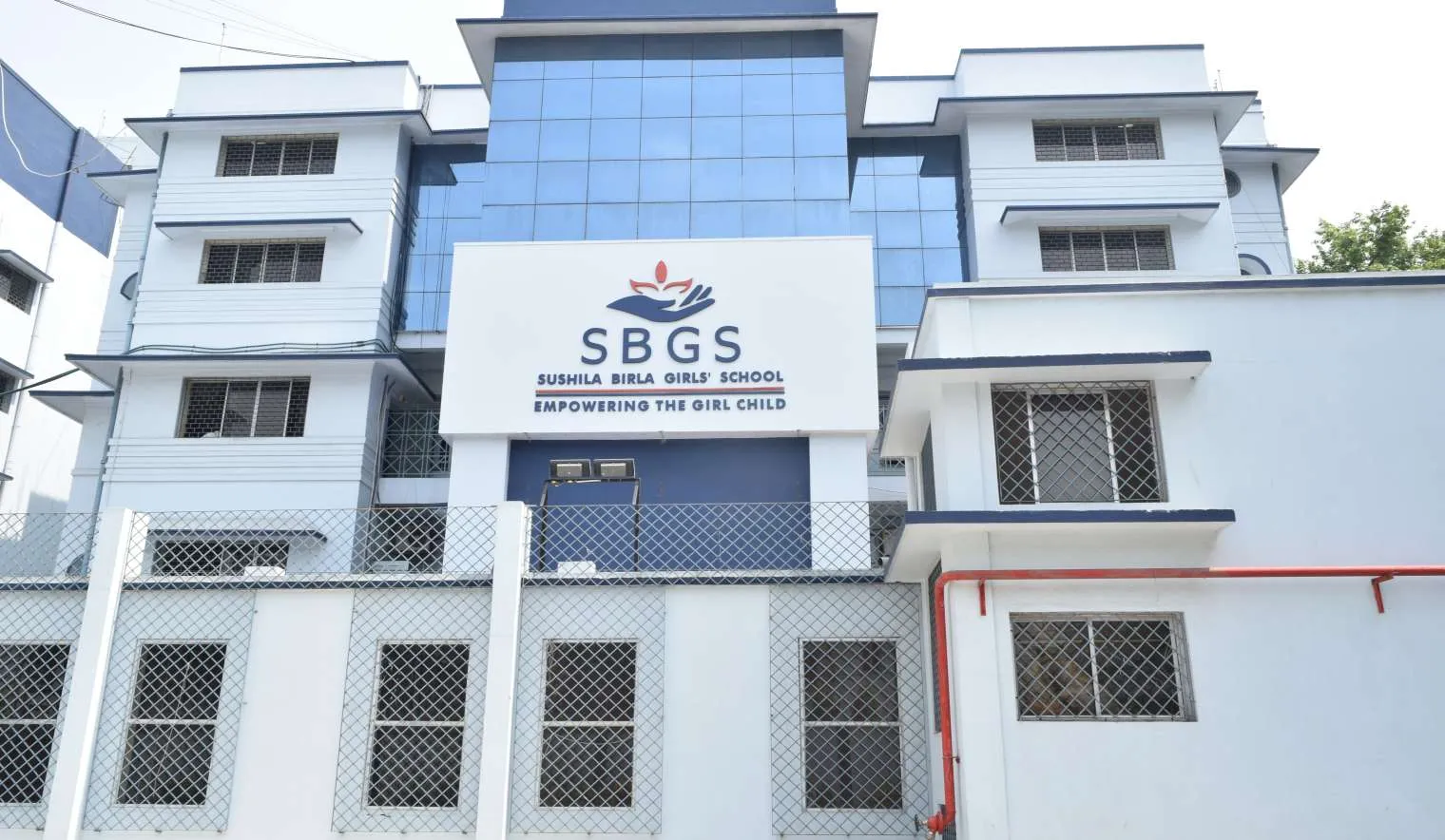Body image, simply put, is how we think and feel about ourselves. It is the consequence of our
emotions when we look at ourselves in the mirror and it could be love, dislike, hate or even anger
that we feel. Like many things in life these emotions towards our body changes over the years, for
better or for worse.
The perception of our bodies is affected by numerous external factors, the most dominant of them
being social media. Our self- perception is mostly dependent on the opinion of our peers and family,
on the number of likes our posts get. Good company allows us to have a positive body image. We
feel free in our own skin, untouched by any insecurity. But the inevitable happens when we are
lured by the charms of Instagram and YouTube. At first it was strictly for entertainment purposes.
For that brief period our sense of self remains strong. And then slowly but certainly we fall into the
trap of comparing ourselves to the “picture-perfect” influencers and models.
At a time when our body is undergoing changes with hormonal surges causing pimples, acne and
fluctuating weight, we remain obsessed with the unrealistic portrayal of the perfect body on social
media. Having acne or being slightly overweight does not feel normal. We start criticising ourselves
and remain fixated on these so-called flaws. Teens overwhelmed by this poor sense of the self
sometimes take drastic measures. They begin to practise intensive fitness regimes, completely cut
off carbs and use harsh make-up in a bid to reach their idea of perfection. This can lead to body
dysmorphic disorder, anorexia and depression as our self-confidence plummets.
It is only recently, after years of damage to the tender psyche of an average teen, that there has
been a surge in body positivity content. We see teenagers and adults embracing their insecurities
and normalising acne, cellulite and body fat. But for some, acceptance of the self might not be so
easy.

It, therefore, becomes our responsibility to create a more inclusive and positive environment
for our juniors so that they can love their body the way it is- plump or trim, long hair or short,
cheeks cratered with acne or smooth, fair skinned or dark, sunken eyes or prominent ones.
Beauty lies in the eyes of the beholder, they say. Beauty lies in the eyes of our own mind, I say.
Let’s embrace imperfection
And change our perception
Let’s learn to love ourselves
Repose greater faith in ourselves
Acne or scar, fat or skinny
Let’s come out of the ignominy
Of crushed hopes and broken dreams
Let’s enjoy our beautiful teen
— Nitya Mall, Saanvi Jain and Riddhima Kuthari (ART)






